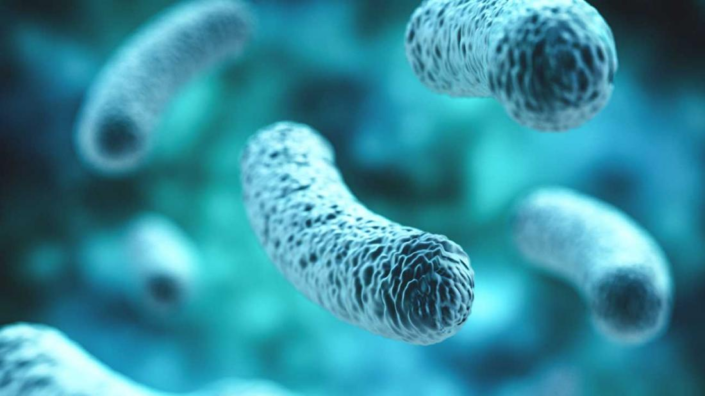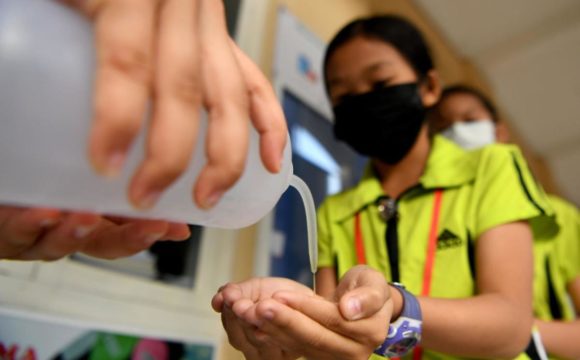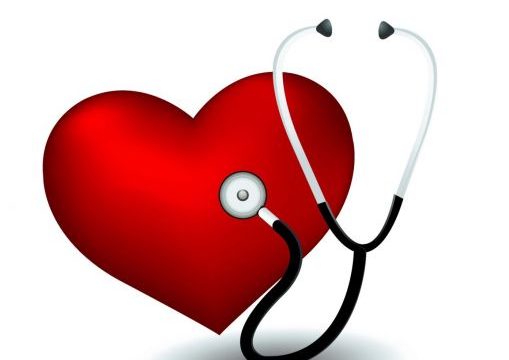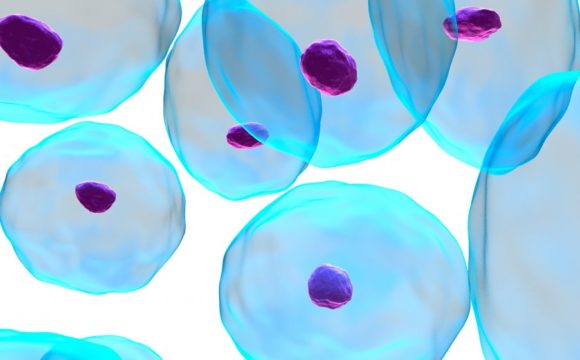Colorectal cancer (CRC) is a cancer of the rectum, the final section of the large intestine. Like any other type of cancer, its exact causes are vaguely understood yet some common risk factors include old age, obesity, sedentary lifestyle, history of CRC in the family etc. Imaging procedures like Positron-emission tomography (PET) and Magnetic resonance imaging (MRI) may be used for diagnosis. Around 1 million cases are diagnosed in India every year. There is no cure for cancer as such but surgery, chemotherapy, and radiation therapy are common ways of treatment. New researches constantly add onto our understanding of CRC.
A study published in the The American Journal of Pathology offers some insight with regards to the curative role of Probiotics in CRC.
(Source: epov.cancerexpertnow.com)
Probiotic in a biological sense can be defined as ‘a microorganism introduced into the body for its beneficial qualities’. But there are already naturally occurring microbes in the body which has a beneficial role to play such as those found in the gut. Some recent investigations have explored the influence of these probiotics on tumors.
A team of scientists from the Baylor College of Medicine in Houston, TX investigated the role of gram-positive gut bacteria Lactobacillus reuteri on colorectal cancer tumors. The model organism used was mice. The team designed their experiment from the fact that L. reuteri produces histidine decarboxylase (HDC) an enzyme which converts convert L-histidine into to histamine, a compound which is released by cells in response to injury and in allergic and inflammatory reactions. These histamines are believed to have a role in regulating immune responses in CRC.
Lactobacillus reuteri
(Source: i1.wp.com/probioticsamerica.com)
The team used HDC-deficient mice and administered azoxymethane, a carcinogenic chemical, and Dextran sulphate sodium (DSS), an inflammation stimulating agent. In the test sample before and after administering the carcinogenic agent, Lactobacillus reuteri 6475 (which is known to possess decarboxylase gene (hdc+)) was administered as well. The controls were given a placebo. The Results were observed after 15 days.
Positron emission tomography was used to scan for tumors and it was found that in the test group the tumors were both lesser in number and smaller in size. The probiotic also reduced the inflammation as indicated by the suppression of pro-inflammatory cytokine gene expression (TNF, IL6, and IL-22 etc.) and reduction in the cytokine concentrations in plasma.
The results suggest that histamine can play a key role in the suppression of CRC in non-human mammals. But scientists remain unsure of its similar function in humans although data so far suggests that humans with higher HDC have more chances of surviving colorectal cancer than those who have lesser. In future however, one may count on probiotics for colon cancer cures.
Reference:
1] Chunxu Gao, Bhanu Priya Ganesh, Zhongcheng Shi, Rajesh Rasik Shah, Robert Fultz, Angela Major, Susan Venable, Monica Lugo, Kathleen Hoch, Xiaowei Chen, Anthony Haag, Timothy C. Wang and James Versalovic Gut Microbe–Mediated Suppression of Inflammation-Associated Colon Carcinogenesis by Luminal Histamine Production The American Journal of Pathology 2017
2] www.sciencedaily.com/releases/2017/09/170913084437.htm
3]www.medicalnewstoday.com/articles/319401.php










